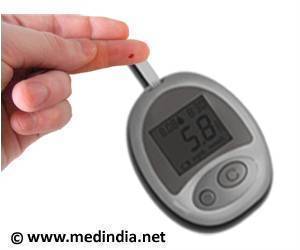Dr Sarah Berry from King’s College London and chief scientist at ZOE said: “Considering 95% of us snack, and that nearly a quarter of our calories come from snacks,
The analysis showed that the UK is a nation of snackers, with 24% of our daily energy intake from snacks such as cereal bars, pastries, and fruit. The average daily snack intake in people who snack – 95% of the cohort – was 2.28 snacks a day, with 47% of people eating two snacks a day and 29% of people eating more than two.
Advertisement
People who ate high-quality snacks like nuts and fresh fruits frequently were more likely to have a healthy weight compared to those who didn’t snack at all or those who snack on unhealthy foods. The analysis also showed good quality snacks can also result in better metabolic health and decreased hunger.
High Sugar Treats – Threat to your Health
However, a quarter (26%) of the participants reported eating healthy main meals and poor-quality snacks. Poor-quality snacks, such as highly processed food and sugary treats, were associated with poorer health markers and left people feeling hungry. Unhealthy snacks were linked with higher BMI, higher visceral fat mass, and higher postprandial – the period after eating a meal – triglycerides concentrations, all of which are associated with metabolic diseases such as stroke, cardiovascular disease, and obesity.
The most popular snacks consumed were cookies, fruit, nuts and seeds, cheese and butter, cakes and pies, and granola or cereal bars. The greatest contribution to calorie intake were cakes and pies (14%), breakfast cereals (13%), ice cream and frozen dairy desserts (12%), donuts and pastries (12%), candy (11%), cookies and brownies (11%), nuts and seeds (11%).
The timing of the snacking can also be crucial to your health, as analysis showed snacking after 9 p.m. was associated with poorer blood markers compared to all other snacking times. Snackers at this time tended to eat energy-dense foods which were high in fat and sugar.
Reference :
- Snack quality and snack timing are associated with cardio-metabolic blood markers: the ZOE PREDICT study – (https://link.springer.com/article/10.1007/s00394-023-03241-6)
Source: Eurekalert



